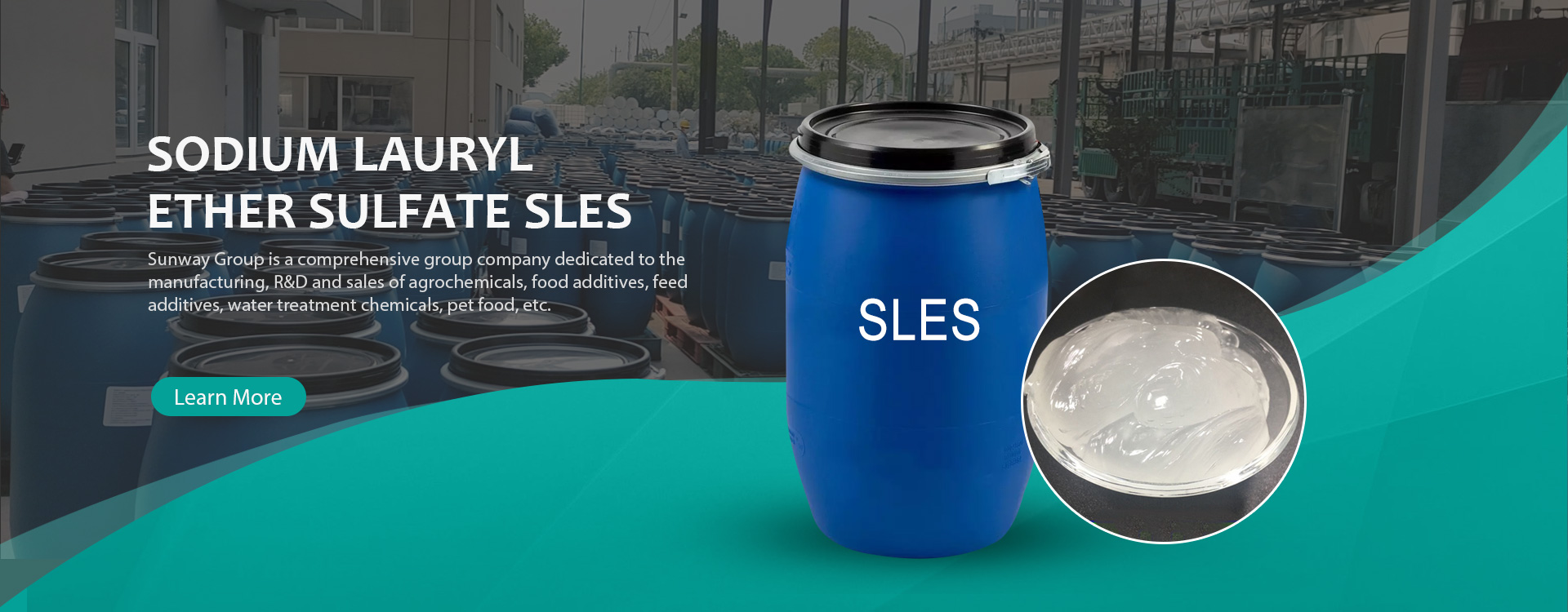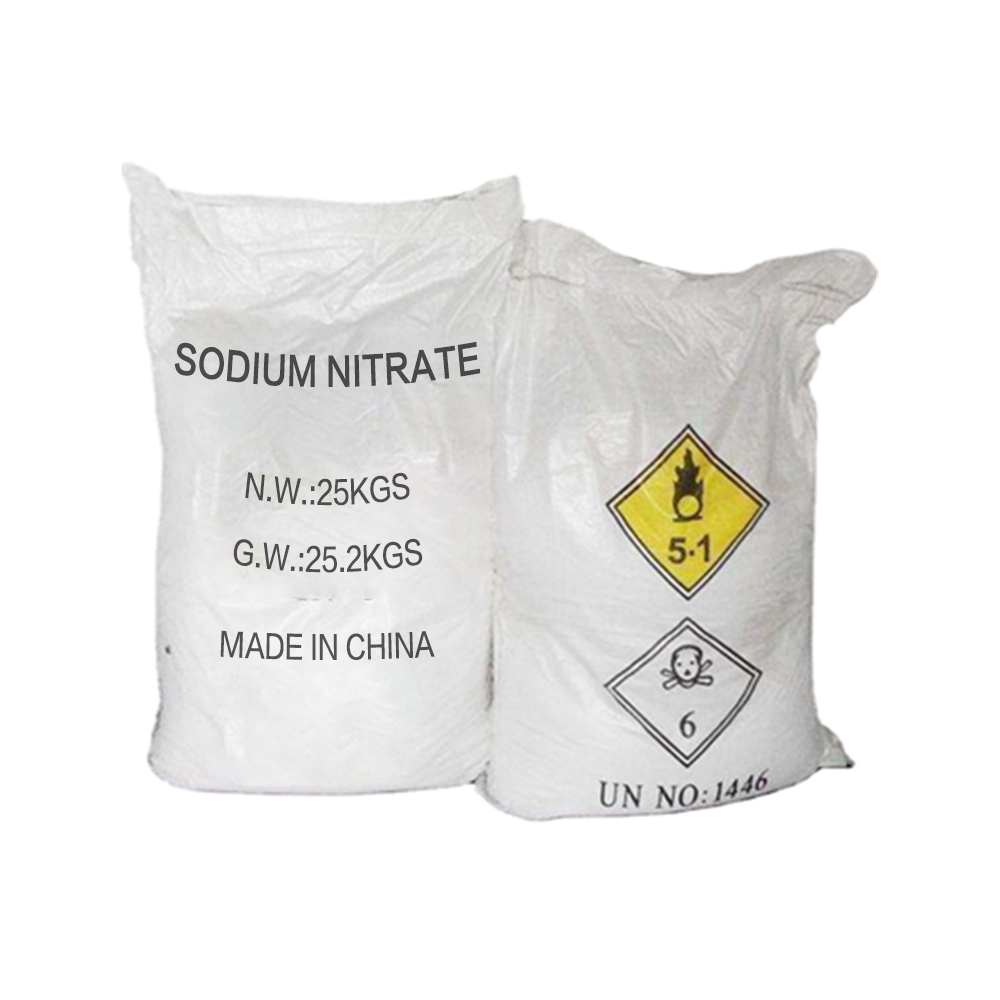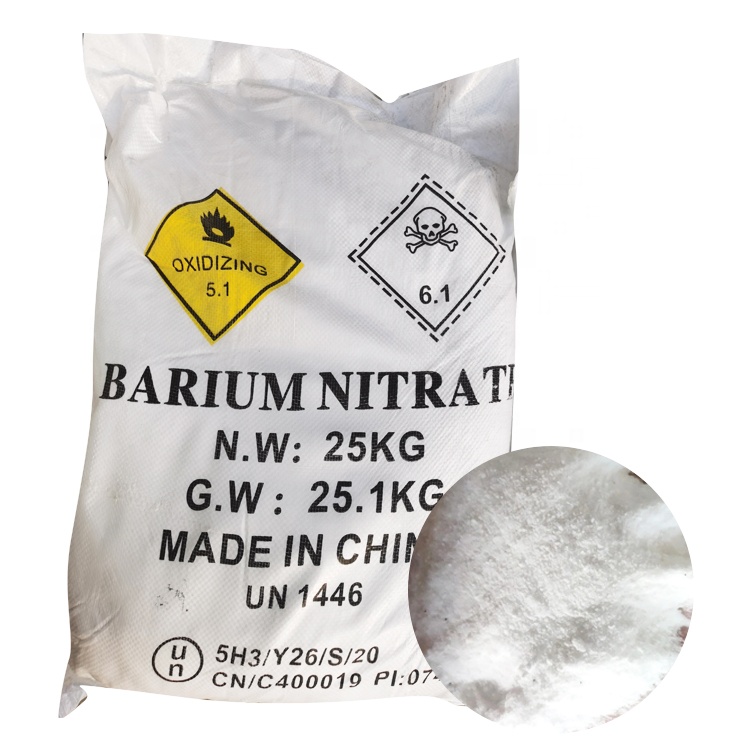close
Choose Your Site
Global
Social Focus





Unveiling the Power of SLES SurfactantIn the vast realm of surfactants, Sodium Lauryl Ether Sulfate (SLES) stands out as a versatile and essential compound. With its myriad applications and benefits, SLES has become a cornerstone ingredient in various industries. In this article, we delve into the i

1. Toxicity and Handling:Toxic Nature: Barium nitrate is toxic and poses serious health risks if ingested, inhaled, or comes into contact with the skin or eyes. Adequate safety measures, including protective clothing, goggles, and gloves, should be worn when handling the compound.Avoiding Contaminat

The effectiveness and quality of barium nitrate (Ba(NO3)2) are essential factors in various industrial applications. Here's how the effectiveness and quality of barium nitrate are evaluated:1. Purity:High Purity: High-purity barium nitrate ensures consistent performance in applications like firework

For thousands of years, people have been using certain food additives such as vinegar, salt, smoked, sugar, etc, for various reasons such as making the foods last longer, such as bacon, candy, or wine. food additives nowadays are substances that are added to food to maintain flavor or enhance taste,